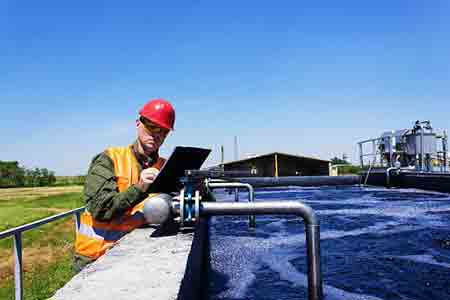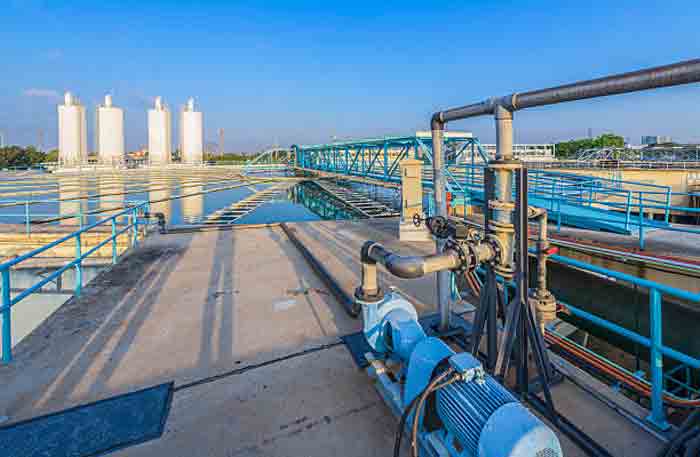The benefits of cooling tower water treatment chemicals far outweigh the downsides. Compared to liquid treatments, solid chemicals require fewer operating expenses, are easier to handle, and reduce environmental and safety concerns. They also reduce make-up water demand. Read on to learn more about the benefits of solid chemical water treatment. Weigh-saving packaging – Solid chemicals are typically packaged 50 to 85% lighter than liquid solutions. That means less shipping and logistics. They are also easier to handle and transport.
Reduces costs

Using solid chemistry for solid water treatment has many advantages. These materials are lighter and easier to handle than liquids. Instead of a five-gallon pail, which weighs around 11 pounds, users can store discs of solid chemistry in a dissolving tank. This design allows complete use of the product, and the packaging can be recycled. On the other hand, liquid-filled drums must be triple-rinsed before disposal, incurring further costs.
Protects equipment
Solid chemical water treatment products can offer enhanced safety and environmental benefits, as well as advanced chemical protection. They are cost-effective and allow building owners to take advantage of the latest water treatment technology. As modern cities continue to grow, there is an increased demand for performance and efficiency from facilities and maintenance workers. These chemical water treatment solutions can help ensure a safe, productive workplace for both maintenance staff and equipment operators. However, they should not be used as a substitute for regular maintenance.
Reduces chemical burns
Chemical burns are the result of a person coming into contact with a caustic or corrosive substance. While they can happen anywhere, they can be especially painful, so proper care and follow-up care is crucial. Most victims recover without long-term consequences, but severe burns may require medical attention. Many products, including household cleaners, paints, and pesticides, contain chemicals that cause burns. Properly label and store these chemicals in containers to prevent exposure.
Reduces water make-up demand
There are several methods of reducing the make-up water demand for boiling and cooling systems. The makeup water used in these systems must be treated to reduce impurities and optimize plant performance. While potable water has traditionally been the source of make-up water, other alternatives, such as secondary treated municipal wastewater or groundwater, are now becoming more popular. In addition to potable water, gray water contains various impurities.
Reduces sludge volume
Reducing sludge volume with solid chemical water treatments can be achieved with a variety of methods. Thermal drying, for example, produces a more thickened activated sludge that contains more water than primary sludge. Other methods, such as refractometering and freezing and thawing, also reduce sludge volume. Activated sludge has lower specific resistance than primary sludge.
Reduces zeta potential
To determine the zeta potential of solid surfaces, electrokinetic measurements are performed. The zeta potential of the surface is dependent on the composition of the solution, the water pH and the electrokinetic behavior of the solid. The zeta potential of a solid surface is also affected by the polarity of the water molecules, so that the IEP is higher at high pH values.

